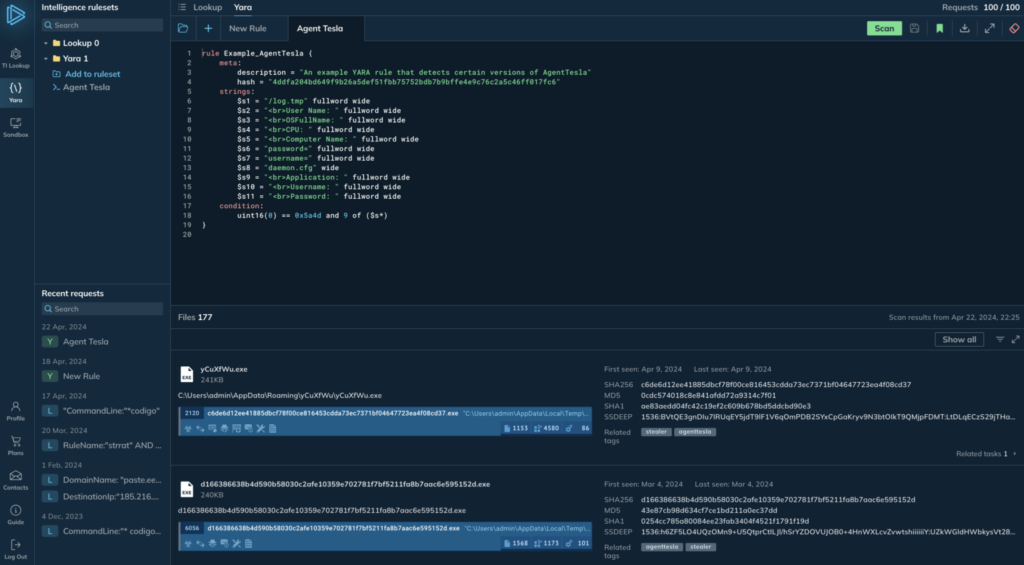From infosecurity-magazine.com
Most businesses are concerned about AI-enabled cyber-threats, with 93% of security leaders expecting to face daily AI-driven attacks by the end of 2024, according to a new report by Netacea.
Around two-thirds (65%) expect that offensive AI will be the norm for cybercriminals, used in most cyber-attacks.
The threat vector that respondents to the Netacea survey believe is most likely to be powered by AI is ransomware, cited by 48% of CISOs.
This was followed by phishing (38%), malware (34%), bot attacks (16%) and data exfiltration (13%).
These views closely align with the threat vectors security leaders see as the greatest cyber threat facing their business in the next six months: ransomware (36%), phishing (22%), malware (21%), bot attacks (11%) and data exfiltration (9%).
Netacea believes this shows businesses underestimate the impact bot attacks have, citing its 2023 survey in which enterprises reported that bots cost on average 4.3% of their online revenue.
The firm said this equates to 50 ransomware payouts for the largest businesses.
Read more…


